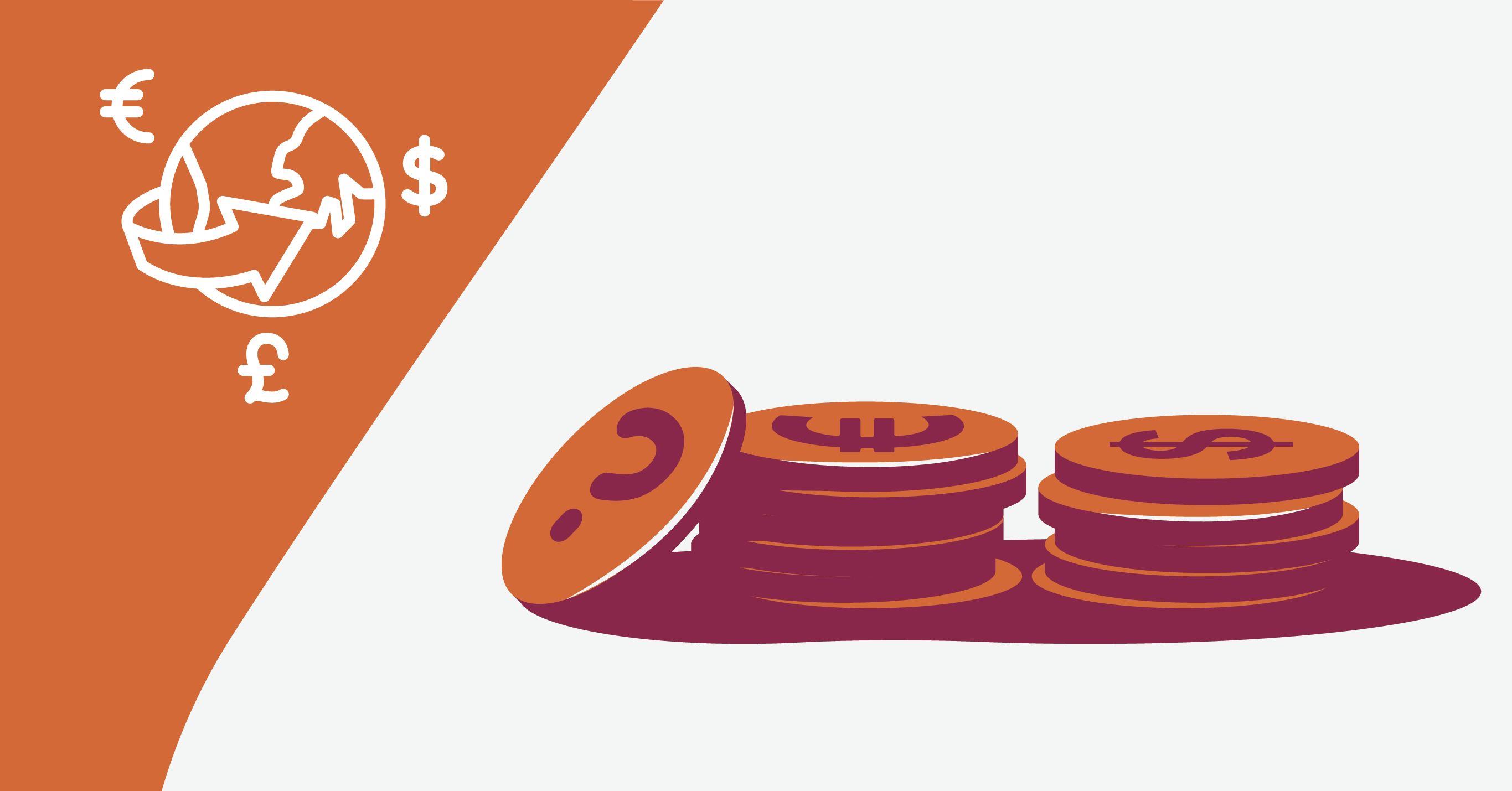Increasing numbers of businesses – big and small – are looking for ways of doing away with the labour-intensive task of dealing manually with bank statements. CODA files, their digital equivalent, may be the solution, offering time-savings and cutting the risk of making errors. Quite apart from the fact they are very easy for you to receive.
However, CODA files are not all that well known or even particularly liked. In fact, a survey conducted by Isabel 6 among its customers revealed that fewer than 30% of businesses in Belgium currently use them, whereas virtually all accounting software and ERP programs are able to read these files and hence can dematerialize bank statements. So, what is standing in the way? Three main factors explain this logjam.
“Over the past four years, the number of customers using Isabel 6 and CODA files has risen by more than 10%.”
1. Force of habit
“If it ain’t broke, don’t fix it” tends to be the prevailing mindset in many companies. Why abandon a method that has been proving itself for years? In small businesses, bank statements often serve the useful purpose of providing a moment to check past transactions. By automating the process, some people fear losing some of their control over what is going on financially. Yet this is really not the case: automating payments actually enables users to have a better overall view of things, at a glance.
2. For big companies only
The second misconception that is tough to overcome is that CODA files are only of value to large companies that make large volumes of payments. Wrong: CODA files are also of value for smaller volumes. They enable a link to be made in the accounting software between the detail of transactions and open book entries. As a result, more than 90% of charges and allocations can be made automatically. In fact, the system only requires you to intervene if there is a doubt about something.
3. Cost versus volume
However, switching to CODA files does involve a small investment: for instance, some banks apply a delivery charge and often your software provider will bill a surcharge for activating the banking module in your accounting package. But these charges are very soon offset by the gains made in efficiency, even for small and medium-sized businesses.
Next steps: are dematerialized bank statements on the rise?
Despite this slight reticence, things are changing: over the past four years, the number of customers using Isabel 6 and CODA files has risen by over 10%. This trend is demonstrated by the growing success of solutions such as CodaBox. Young businesspeople in particular understand the benefits of dematerializing bank statements and automating the way they are processed.
All this is part of another trend: more and more businesses are transferring critical applications, such as accounting software and ERP packages, to the cloud. This means that as a result of new solutions such as Isabel Connect, it is becoming easier than ever to recover all CODA files via API, every day and totally automatically. And, by the way, large corporations wanting to automate these processes can also benefit from the API of Isabel Connect.
You can request your CODA files from different banks easily and rapidly with Isabel 6, the multi-banking platform for all your banking transactions with ease.


